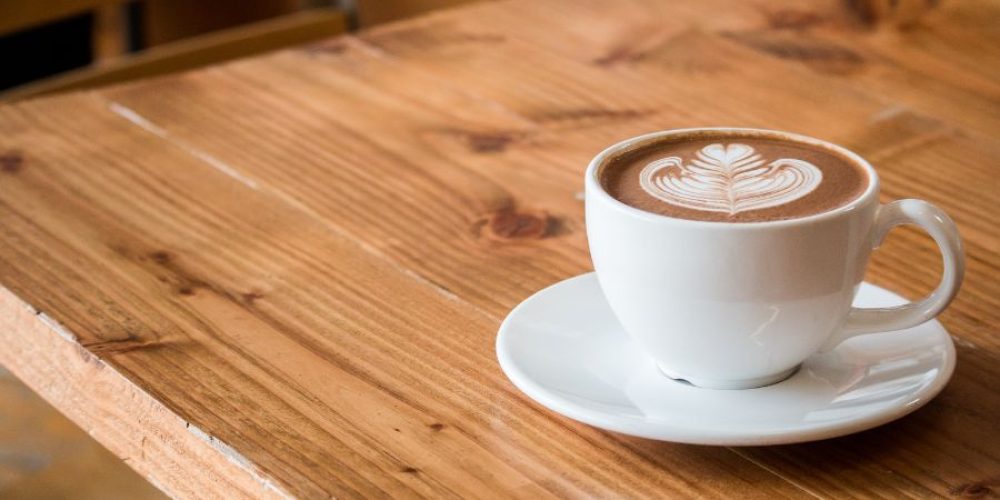We all need a boost sometimes, especially after a long hard week at work. Whether that comes in the form of a morning coffee or a refreshing cuppa in the evening, most of us like a daily caffeine fix.
Source: Holland and Barrett
Most forms of caffeine can boost your mind and mental and physical performance.
However, consuming too many caffeinated drinks can lead to some dangerous side effects and issues like anxiety, insomnia, high blood pressure and fatigue.
Various studies have also discovered that there’s a link between vitamin and mineral absorption levels, which isn’t good news for your body.
The impact of caffeine on vitamins and minerals
Caffeine has a mild diuretic effect, which leads to an increase in urination. As a result, water-soluble vitamins, such as B-vitamins and vitamin C can be depleted due to fluid loss.
Research also demonstrated that the higher the level of caffeine, the more it interfered with vitamin D absorption. The study suggested that caffeine did this by reducing the expression of vitamin D receptors on osteoblasts in the body – the cells responsible for producing bone.
Caffeine can also interfere with the absorption of calcium. A study published in the journal “Osteoporosis International” showed that just a cup of coffee can slightly reduce calcium absorption in the body and increase its loss in urine due to its diuretic effect.
What’s the solution?
Cutting out all caffeinated drinks might be extremely hard for some, so it might be a case of when instead of never.
For example, a study found that drinking coffee one hour before a meal has no effect on iron absorption. Upping the amount of vitamin C and copper in your meals has also been found to improve iron absorption and reduce the impact that coffee and other caffeinated drinks has.
However, the healthiest solution is to switch highly concentrated caffeinated drinks for natural foods containing lots of nutrients. Choose wisely and you could get the boost you need without drinking multiple cups of coffee.
Here are a few alternatives to get you started:
- Dark chocolate – although this sweet treat has caffeine in, it’ll offer you a more natural buzz. The theobromine and caffeine have been found to improve mental energy and mood too
- Bananas – packed with carbohydrates, potassium and vitamin B6, bananas have been proven to boost energy levels in your body. Studies have even found eating one before a 75-km cycling trial was as effective on endurance as consuming a carbohydrate drink
- Brown rice – ditch white rice, as brown retains more fibre, vitamins and minerals. It can regulate blood sugar levels and help give you a steady energy level throughout the day
- Water – drinking more water can give you an energy boost and reduce the feeling of fatigue throughout the day
- Oatmeal – ditch the early morning coffee and start eating oatmeal. It’s rich in B vitamins, iron and manganese which all help the energy production process
- Green tea – a compromise for tea lovers. If you must have a form of caffeine, green tea is the solution. It contains a compound called L-theanine, which moderate the effects of caffeine and give you a smoother (less jittery) energy boost


